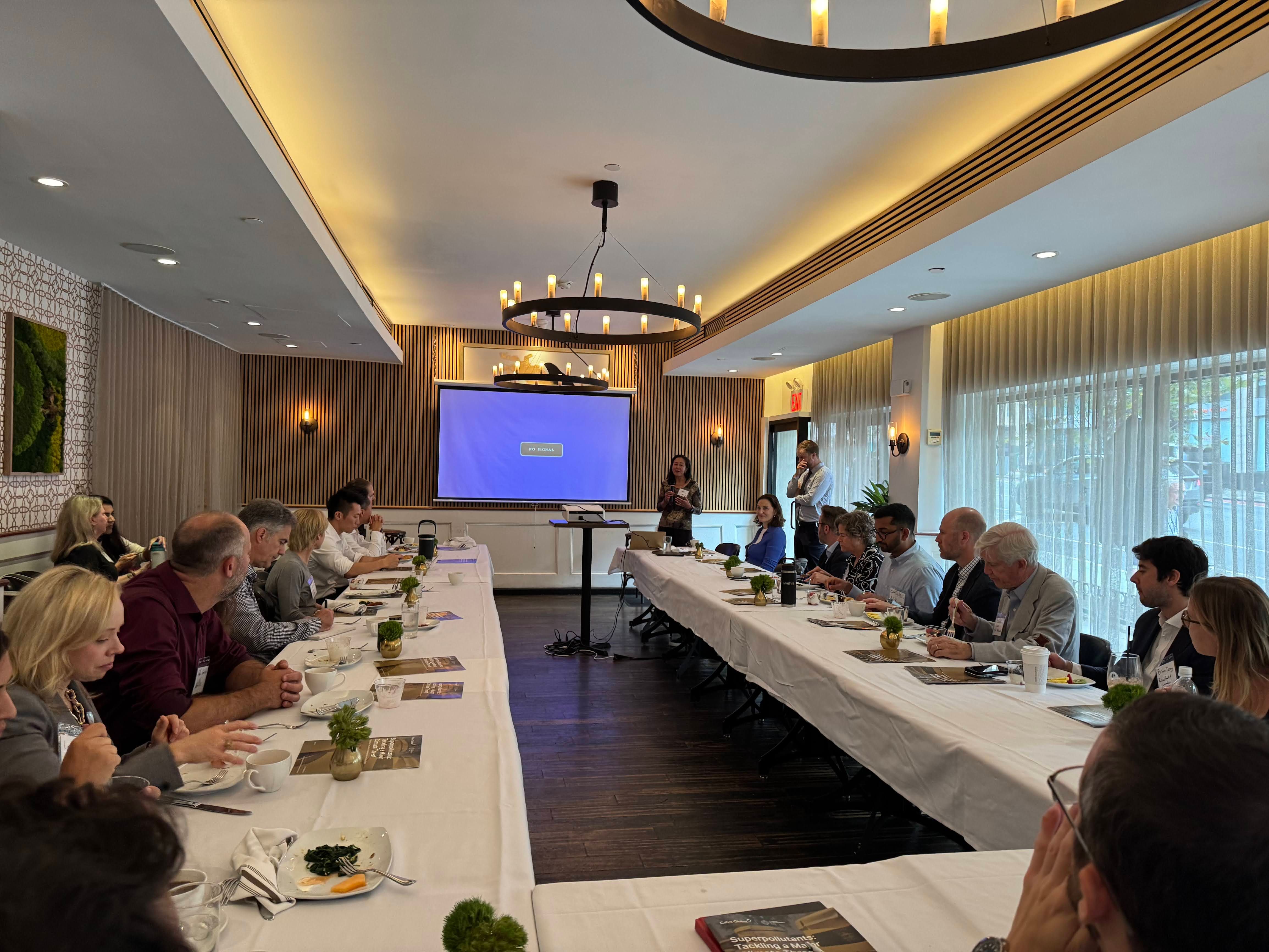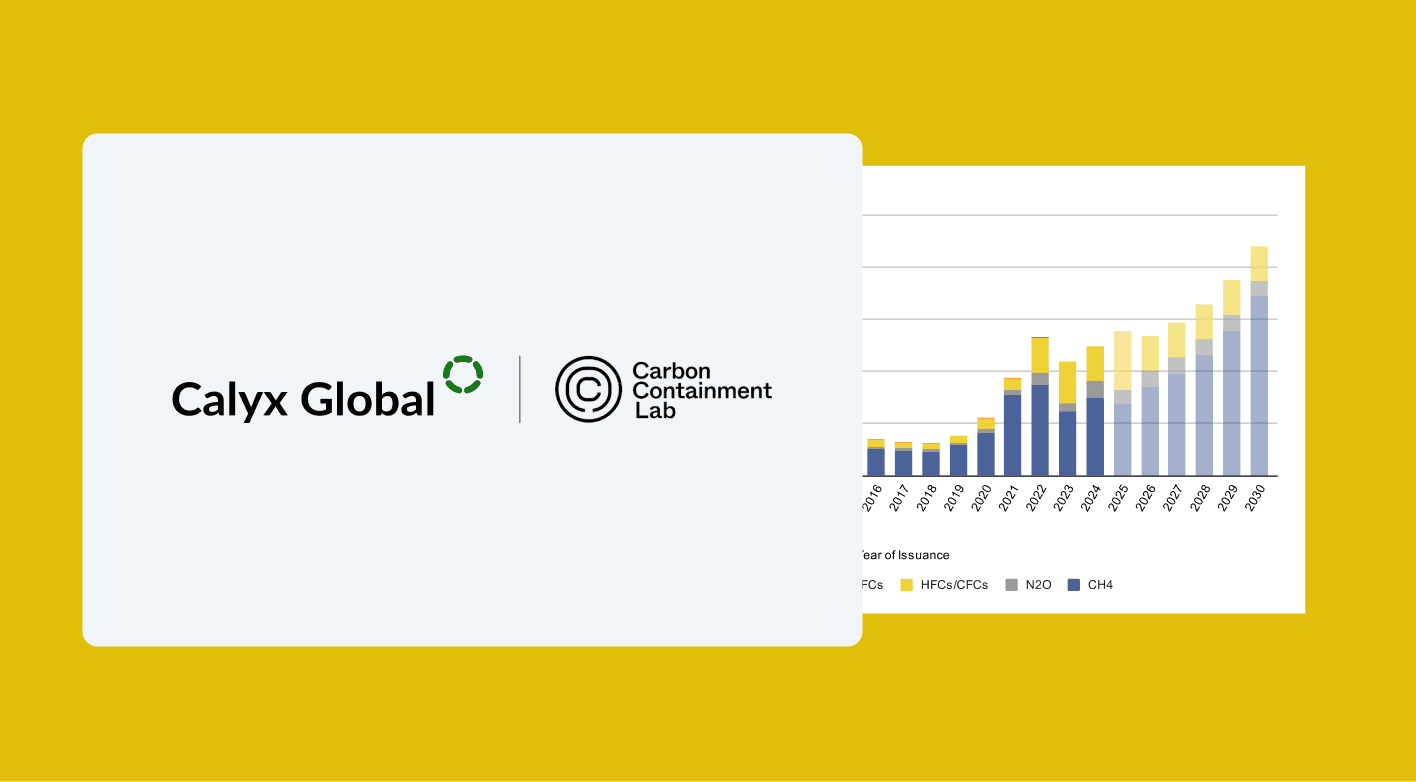
Building trust through independence
October 8, 2025 - Commentary
Why independence matters in the carbon market
The carbon market is maturing and entering a new chapter. Trust and transparency are becoming non-negotiable.
One lesson from history stands out clearly: incentives shape outcomes. Confidence in credit quality depends on assessments free from financial ties to those generating credits.
Many buyers assume that carbon credits already come with independent quality checks. In reality, the structure of incentives in today's carbon market ecosystem doesn’t always align with the interests of the end buyer — or with what the atmosphere sees.
This is why, if ratings are to be a credible benchmark for quality, independence should be "baked in." It is what gives high-quality projects the recognition they deserve and ensures that investment in carbon credits is truly meaningful for the atmosphere.
Independence is non-negotiable
Carbon credits are difficult for most buyers to evaluate. Unlike a product you can test before buying, or a service you can judge after using, credits are complex instruments whose true impact cannot be measured directly. That makes them especially vulnerable to bias and conflicts of interest. Without independence and safeguards, the temptation to overstate impact — or simply to look the other way — is built into the system.
If carbon credit ratings are to help restore confidence in the market, they shouldn't be paid for by those who generate the credits. Experience in financial markets has shown that issuer-paid models create pressure to inflate ratings, even with internal safeguards. This has led to increasing oversight, rules and regulation of financial ratings — guardrails that carbon credit ratings currently lack. That’s why independence cannot be optional — and why Calyx Global has chosen a different path.
Our commitment to independence
Calyx Global is guided by a simple principle: if you want an unbiased view of carbon credit quality, you should know exactly where our interests lie. We believe the strongest safeguard is not just managing conflicts internally, but avoiding them wherever and whenever possible. That’s why:
- We do not accept payments from project developers to rate their projects.
- We do not buy or sell carbon credits.
- We do not take commissions or fees tied to the transaction of credits.
These commitments are designed to eliminate the clearest conflicts of interest. Our ratings are guided by transparent frameworks, overseen by independent expert panels, and rooted in “what the atmosphere sees,” not in the commercial aims of any actor.
We recognize that market conditions may change. Regulation of ratings, tighter oversight of project development, or a broad improvement in credit quality could reduce the impact of the conflicts that exist today. If that happens, we will assess whether our stance should evolve. Until then, our position is firm: independence first.
What independence means for you
For companies navigating carbon markets, independence isn’t an abstract value — it’s practical risk management. Our conflict-free position means:
- Clarity you can trust. Ratings reflect what the atmosphere sees, not commercial pressures — giving you defensible choices when questioned by boards, investors, or the media.
- Reduced reputational risk. By relying on ratings free from developer payments or trading incentives, you avoid the perception that your climate strategy is built on conflicted advice.
- Confidence to act. High-quality projects deserve investment. Independence ensures those projects are recognized and rewarded, so you can invest at scale with assurance. It also ensures your climate strategy rests on evidence that will stand up to scrutiny today and tomorrow.
Looking ahead
We know that our approach is not always the easiest path. It limits our revenue streams. But we believe it is the right path — for the market, for buyers, and for the planet.
Independence allows us to provide the unflinching assessments the market needs to grow responsibly. It creates the foundation for high-quality projects to be recognized and rewarded. And it helps ensure that when companies invest in carbon credits, they can do so with confidence that their actions truly matter.
At Calyx Global, we are clear: our job is not to make the market bigger. It is to make the market better — and stronger.
Keep up with carbon market trends
Get the monthly newsletter and stay in the loop.
Trusted By





